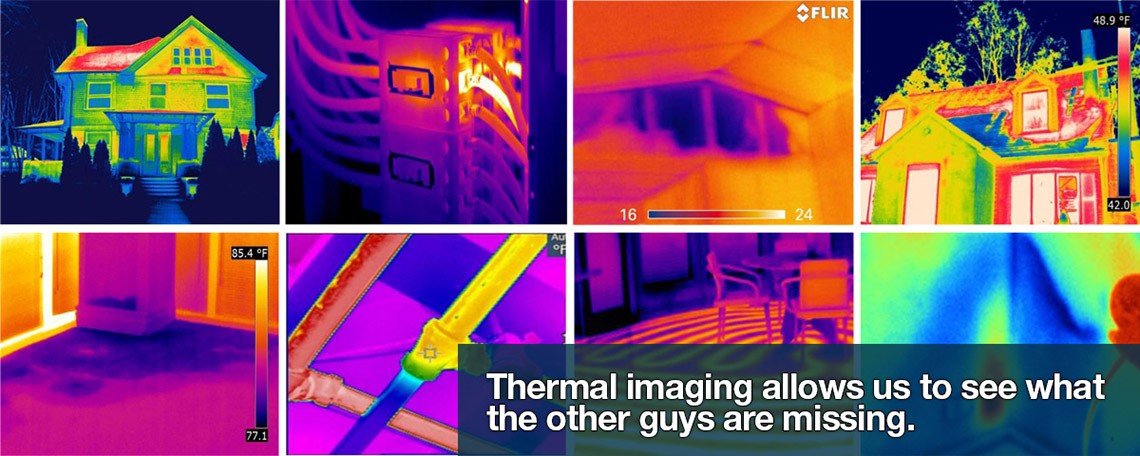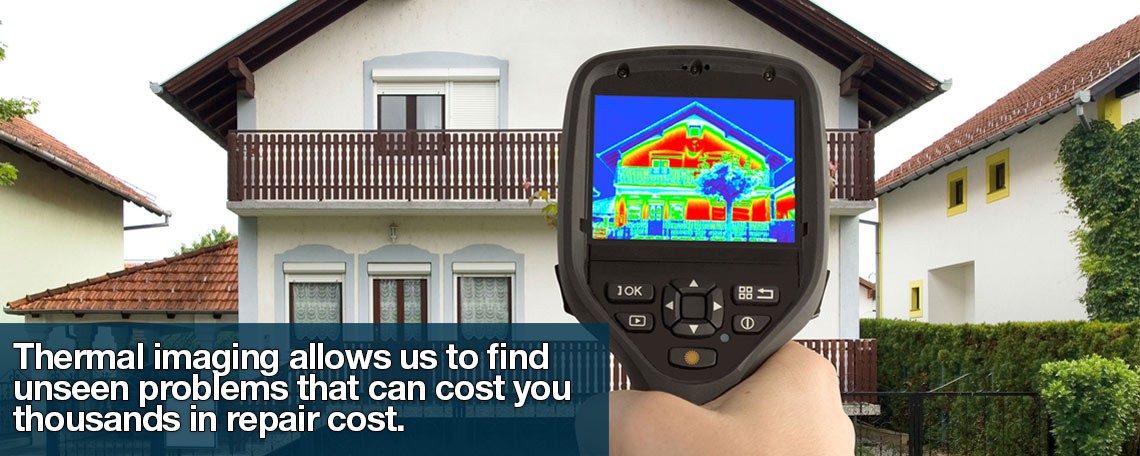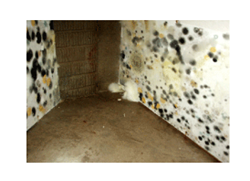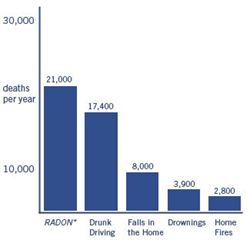Water may be essential to life, but, as a destructive force, water can diminish the value of your home or building. Homes as well as commercial buildings can suffer water damage that results in increased maintenance costs, a decrease in the value of the property, lowered productivity, and potential liability associated with a decline in indoor air quality. The best way to protect against this potential loss is to ensure that the building components which enclose the structure, known as the building envelope, are water-resistant. Also, you will want to ensure that manufacturing processes, if present, do not allow excess water to accumulate. Finally, make sure that the plumbing and ventilation systems, which can be quite complicated in buildings, operate efficiently and are well-maintained. This article provides some basic steps for identifying and eliminating potentially damaging excess moisture.
Identify and Repair All Leaks and Cracks
The following are common building-related sources of water intrusion: [Read more…]






 Mold Basics
Mold Basics Most people don’t know how easy it is to make their homes run on less energy, and here at InterNACHI, we want to change that. Drastic reductions in heating, cooling and electricity costs can be accomplished through very simple changes, most of which homeowners can do themselves. Of course, for homeowners who want to take advantage of the most up-to-date knowledge and systems in home energy efficiency, InterNACHI energy auditors can perform in-depth testing to find the best energy solutions for your particular home. Why make your home more energy efficient? Here are a few good reasons:
Most people don’t know how easy it is to make their homes run on less energy, and here at InterNACHI, we want to change that. Drastic reductions in heating, cooling and electricity costs can be accomplished through very simple changes, most of which homeowners can do themselves. Of course, for homeowners who want to take advantage of the most up-to-date knowledge and systems in home energy efficiency, InterNACHI energy auditors can perform in-depth testing to find the best energy solutions for your particular home. Why make your home more energy efficient? Here are a few good reasons: Radon Is a Cancer-Causing, Radioactive Gas
Radon Is a Cancer-Causing, Radioactive Gas